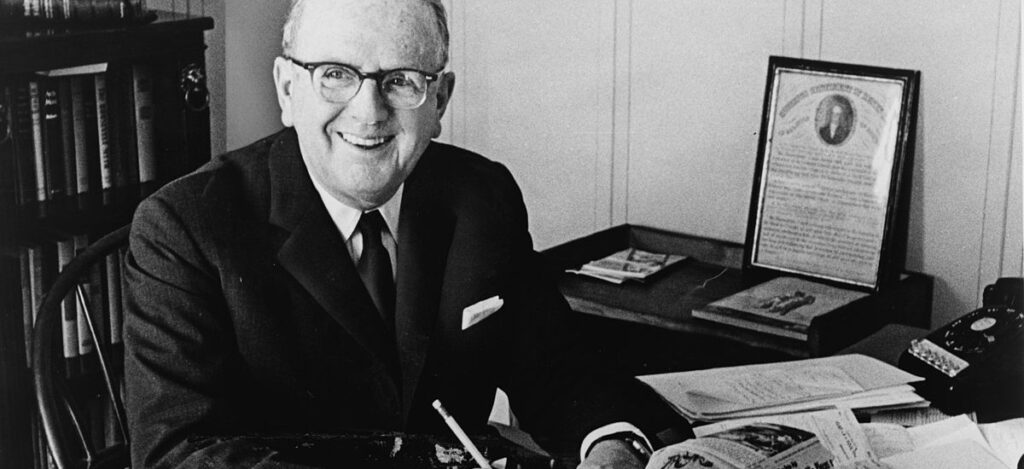In many ways, this seems the most tragic form of death. Certainly it can entail more shock and grief for those who are left behind than any other. And often the stigma of suicide is what rests most heavily on those left behind. Suicide is often judged to be a selfish act. Perhaps it is. But the Bible warns us not to judge … I believe this is one area where that Biblical command especially should be heeded.
I think our reaction should be one of love and pity, not of condemnation. Perhaps the person was not thinking clearly in his final moments; perhaps he was so driven by emotional whirlwinds that he was incapable of thinking at all. This is terribly sad, but surely it is understandable. All of us have moments when we lost control of ourselves, flashes of temper or irritation, of selfishness that we later regret. Each one of us, probably, has a final breaking point–or would have if our faith did not sustain us. Life puts more pressure on some of us than it does on others. Some people have more stamina than others. When I see in the paper … that dark despair has rolled over some lonely soul, so much so that for him life seemed unendurable, my reaction is not one of condemnation.
It is, rather, “There but for the grace of God…” and my heart goes out to those who are left behind because I know they suffer terribly. Children in particular are left under a cloud of “differentness” all the more terrifying because it can never be fully explained or lifted. The immediate family of the victim is left wide open to tidal waves of guilt. “What did I fail to do that I should have done? What did I do that was wrong?”
To such grieving persons I can only say, “Lift up your heads and hearts. Surely you did your best. And surely the loved one who is gone did his best, for as long as he could. Remember, now, that his battles and torments are over. Do not judge him, and do not presume to fathom the mind of God where this one of His children is concerned.”
A few days ago, when a young man died by his own hand, a service for him was conducted by his pastor, the Rev. Warren Stevens. What he said that day expresses, far more eloquently than I can, the message I’m trying to convey. Here are some of his words:
“Our friend died on his own battlefield. He was killed in action fighting a civil war. He fought against adversaries that were as real to him as his casket is real to us. They were powerful adversaries. They took toll of his energies and endurance. They exhausted the last vestiges of his courage and strength. At last these adversaries overwhelmed him. And it appeared that he lost the war. But did he? I see a host of victories that he has won!
“For one thing — he has won our admiration — because even if he lost the war, we give him credit for his bravery on the battlefield. And we give him credit for the courage and pride and hope that he used as his weapons as long as he could. We shall remember not his death, but his daily victories gained through his kindnesses and thoughtfulness, through his love for family and friends, for animals and books and music, for all things beautiful, lovely and honorable. We shall remember the many days that he was victorious over overwhelming odds. We shall remember not the years we thought he had left, but the intensity with which he lived the years he had!
“Only God knows what this child of His suffered in the silent skirmishes that took place in his soul. But our consolation is that God does know and understands!”




